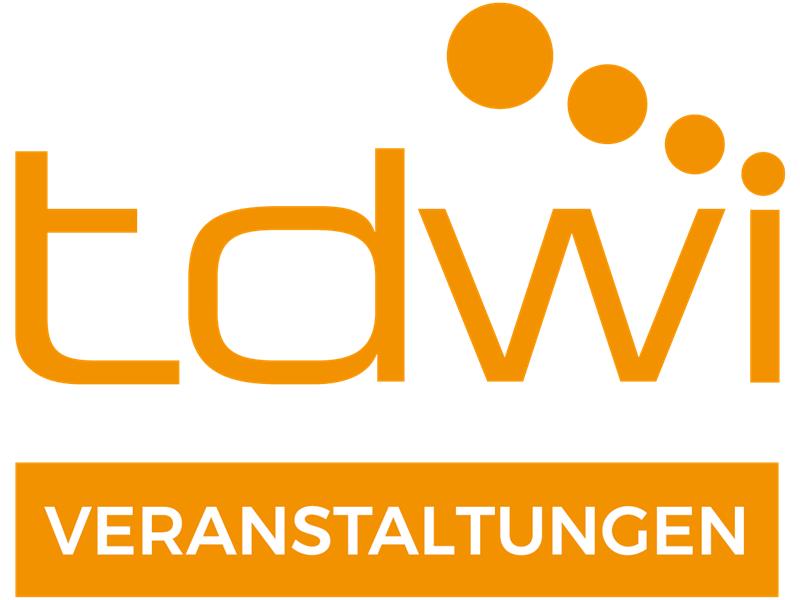
CONFERENCE PROGRAM OF 2021
Please note:
On this site, there is only displayed the English speaking sessions of the TDWI München digital. You can find all conference sessions, including the German speaking ones, here.
The times given in the conference program of TDWI München digital correspond to Central European Time (CET).
By clicking on "EVENT MERKEN" within the lecture descriptions you can arrange your own schedule. You can view your schedule at any time using the icon in the upper right corner.
No more metadata, let's talk context and meaning
Metadata is a long-time favourite at conferences. However, most attempts to implement real metadata solutions have stumbled. Recent data quality and integrity issues, particularly in data lakes, have brought the topic to the fore again, often under the guise of data catalogues. But the focus remains largely technological. Only by reframing metadata as context-setting information and positioning it in a model of information, knowledge, and meaning for the business can we successfully implement the topic formally known as metadata.
Target Audience:
- Enterprise-, Systems-, Solutions and Data Architects
- Systems-, Strategy and Business Intelligence Managers
- Data Warehouse and Data Lake Systems Designers and Developers
- Data and Database Administrators
- Tech-Savvy Business Analysts
Prerequisites: Basic knowledge of data management principles. Experience of designing data warehouses or lakes would be useful
Level: Basic
Extended Abstract:
Metadata has – quite correctly – been at the heart of data warehouse thinking for three decades. It's the sort of cross-functional and overarching topic that excites data architects and data management professionals. Why then can so few businesses claim success in implementing it? The real question is: implementing what?
This session answers that question by first refining our understanding of metadata, which has been made overly technical over the years and more recently been misappropriated by surveillance-driven organisations. With this new understanding, we can reposition metadata not as a standalone topic but as a vital and contiguous subset of the business information that is central to digital transformation. With this positioning, 'metadata implementation' will become a successful – but largely invisible – component of information delivery projects.
Founder and Principal

